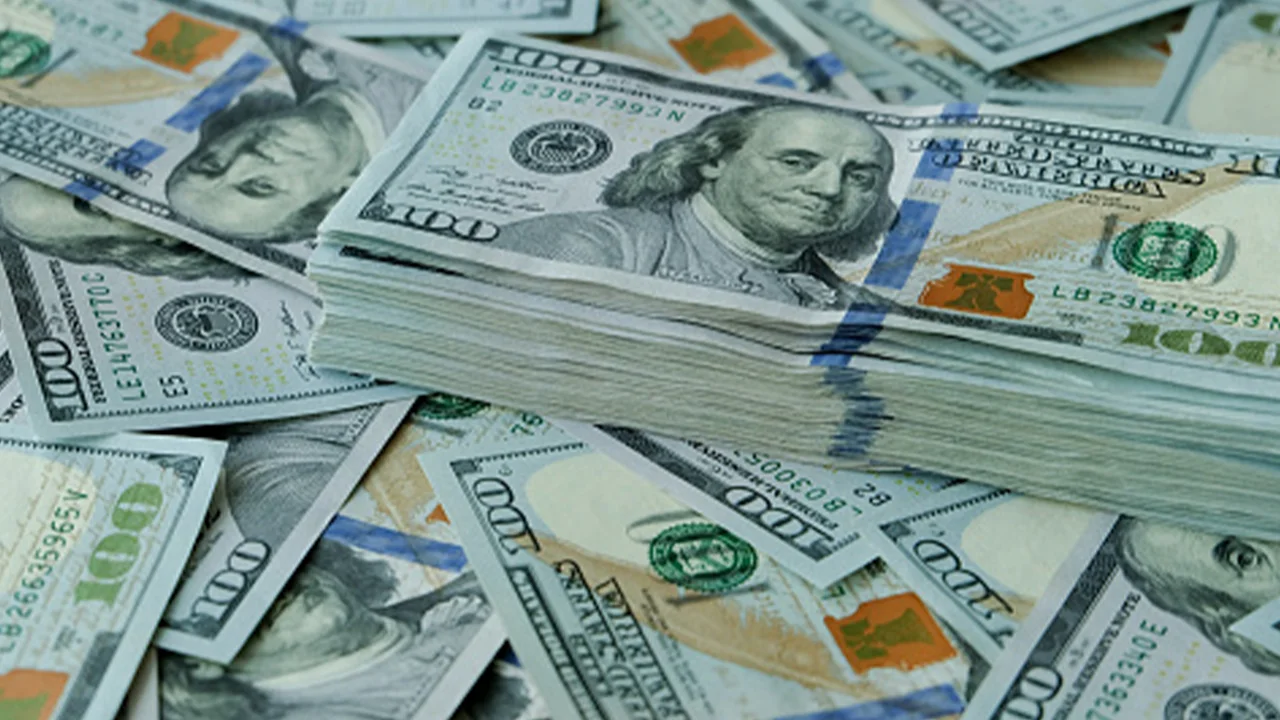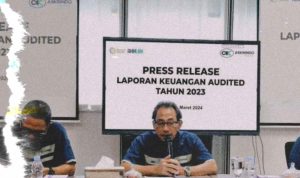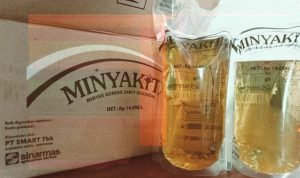As part of a settlement with the Federal Trade Commission, Publishers Clearing House has agreed to refund $18.5 million to customers and implement changes to its online business practices, the agency announced on Monday.
The Federal Trade Commission (FTC) filed a lawsuit against Publishers Clearing House, a company renowned for its sweepstakes contests and surprise visits with oversized checks. The lawsuit accused the company of employing deceptive consumer practices, including the use of “dark patterns” and surprise fees.
The exact number of customers eligible for refunds and the timeline for the refund process remain uncertain at this time. PCH has not responded to a request for comment regarding the settlement or the allegations made against them as of the time of this press release.
Last week, the Federal Trade Commission (FTC) filed a lawsuit against Amazon, accusing the company of employing “dark patterns” to ensnare individuals into recurring subscriptions for its Prime service without obtaining proper consent.
The Federal Trade Commission (FTC) defines dark patterns as deceptive and illegal design tactics that exploit consumers.
These tactics can include pre-selected checkboxes, intentionally obscured or difficult-to-read disclosures, and confusing cancellation policies. The FTC emphasizes that dark patterns pose significant risks to online consumers.
Samuel Levine, the Director of the FTC’s Bureau of Consumer Protection, stated in a written statement that the PCH lawsuit marks the second legal action taken against deceptive design practices in recent weeks.
Levine emphasized that companies using deceptive design techniques should be aware that they are under scrutiny and will face consequences.
In the case of PCH, the FTC alleged that the company utilized manipulative language and website design to persuade consumers into believing they had to make a purchase in order to participate in the sweepstakes or improve their chances of winning.
According to the FTC, when disclaimers or clarifying information were provided, they were presented in small, light font that often went unnoticed by consumers.
Apart from organizing sweepstakes, PCH is involved in the sale of merchandise and magazines. The FTC accused the company of imposing undisclosed fees, which on average amounted to over 40% of the product costs.
Additionally, the FTC claimed that PCH misled customers through deceptive language used in email subject lines and statements within its privacy policy.
PCH has reached a settlement agreement in response to charges alleging violations of the FTC Act and CAN-SPAM Act. As part of the settlement, the company will pay $18.5 million to the FTC, which will be used to provide refunds to affected consumers.
Additionally, PCH is obligated to cease using deceptive language in relation to sweepstakes and sales, as well as discontinue the use of surprise fees. The settlement also mandates various changes to PCH’s business practices.
According to the FTC, consumers often remain unaware of being manipulated or deceived by dark patterns due to their covert nature.
These deceptive practices can take various forms, with some common examples encountered online including false customer endorsements (where the endorser may have received payment), misleading low-stock messages (claiming limited availability), and deceptive countdown clocks (creating a sense of urgency to prompt immediate purchases, even though the countdown resets after expiration).
Source : cnbc.com







